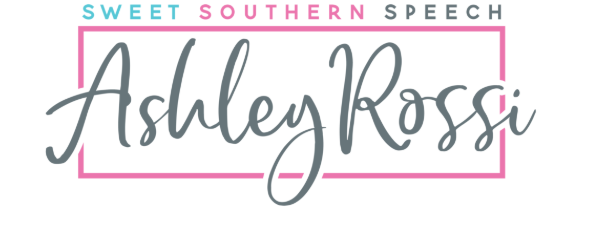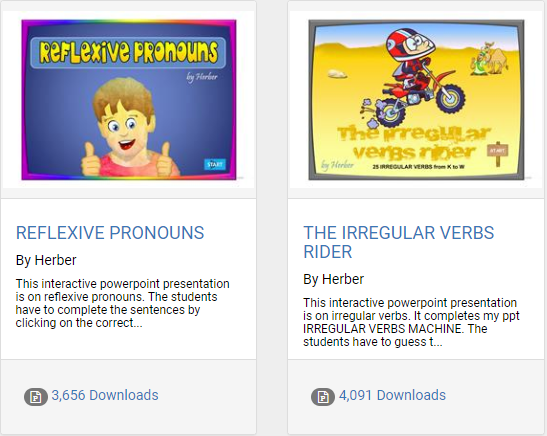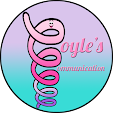Short Videos can be engaging and informative. They contain visuals and pictures with information and we know visuals are evidenced based for language therapy. When you combine that with a quiz element that then makes the videos INTERACTIVE, they can track understanding of concepts too while keeping kids ENGAGED! I am excited about a new website, Edpuzzle.
Above is a video that I edited with 12 questions targeting compare and contrast. The website is free to use, but you can only store 20 videos that you make. To get more video storage, you have to refer other educators. YOU and I will BOTH get +3 more storage space if you use the link below!
Please check out Edpuzzle Here:
https://edpuzzle.com/signup/teacher?rc=0e3mga
Here is my own Edpuzzle Channel that I will post all of my videos on:
Ms. Coyle's Edpuzzle Channel
You can also search for video lessons that other people have made. Here are a few that I have found:
Cause and Effect: https://edpuzzle.com/media/5c7d72d4007294410d134df1
R- controlled Vowels: https://edpuzzle.com/media/5de900ed74529e4116be4624
Rachel Riggs: https://edpuzzle.com/channel/570152ad8ad0ee3941a4e879
Sarah Boron-Trotter: https://edpuzzle.com/channel/5beb0dc68de3ed404820aba4
Basic Position Concepts:
You can add your class by typing them in or using Google classroom and then you can assign activities and check your students' grades. As far as I can tell this is all free!
I think the potential learning from Edpuzzle is high and I love the quiz element and the audio option that is easily added to videos!
Please sign up using my referral link so that WE can continue to make more videos. I will get more storage space AND SO WILL YOU!
I will make my videos public on my channel so that everyone can use them for FREE!
Ms. Coyle MS CCC/SLP
































